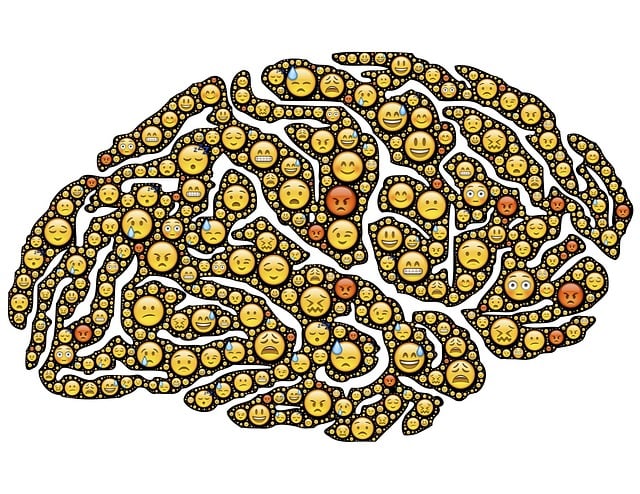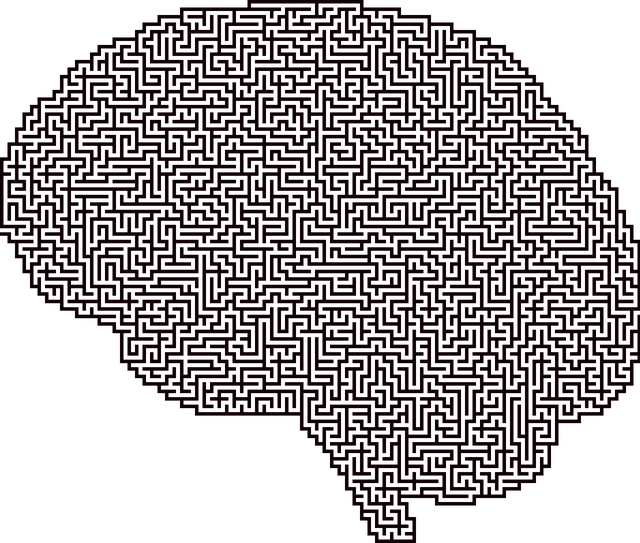Castle Rock Geriatrics Therapy leverages mixed-methods evaluation to assess its effectiveness. This approach combines quantitative data (surveys, statistics) with qualitative insights (interviews, focus groups) to understand changes in symptoms, quality of life, and cognitive function over time among the elderly. The results inform Mental Health Policy Analysis, advocate for better practices, and guide the design of evidence-based programs tailored to geriatric patients' unique cultural and individual needs, as aspired by Castle Rock Geriatrics Therapy.
Mental wellness program evaluations are essential for measuring effectiveness and improving services, especially in geriatric care. This article explores diverse assessment methods used to evaluate Castle Rock Geriatrics Therapy, a pioneering mental health program for seniors. We delve into quantitative techniques, such as statistical analysis of treatment outcomes, alongside qualitative approaches like client feedback and interviews, offering a comprehensive view. Additionally, we discuss mixed-methods evaluations, integrating both data types for a deeper understanding of the program’s impact on elderly clients’ lives.
- Assessing Castle Rock Geriatrics Therapy: Quantitative Methods for Program Evaluation
- Qualitative Approaches to Understanding Client Experiences in geriatric mental health programs
- Mixed-Methods Evaluations: Integrating Quantitative and Qualitative Data for Comprehensive Program Assessment
Assessing Castle Rock Geriatrics Therapy: Quantitative Methods for Program Evaluation

Castle Rock Geriatrics Therapy’s effectiveness can be gauged through rigorous quantitative evaluation methods. This involves collecting and analyzing data to measure specific outcomes related to mental wellness among the elderly population. Researchers can employ surveys, interviews, and standardized assessment tools to assess changes in symptoms, quality of life, and cognitive function over time. For instance, quantifying improvements in anxiety levels, depression scores, or overall psychological well-being through validated scales provides tangible evidence of the therapy’s impact.
Integrating these data collection techniques allows for a comprehensive Mental Health Policy Analysis and Advocacy approach. By comparing pre- and post-intervention results, researchers can identify trends, determine the program’s success in achieving its goals, and make informed recommendations for improvement. Additionally, this quantitative evaluation can inform the design of Mindfulness Meditation or Mental Health Education Programs, ensuring they are evidence-based and tailored to the unique needs of geriatric patients.
Qualitative Approaches to Understanding Client Experiences in geriatric mental health programs

Qualitative methods offer a powerful lens for understanding client experiences within geriatric mental health programs, such as those provided by Castle Rock Geriatrics Therapy. Through in-depth interviews and focus groups, healthcare professionals can gain valuable insights into the lived experiences of older adults, uncovering unique perspectives on their journey towards mental wellness. These approaches allow clients to share stories, express emotions, and discuss challenges, providing a rich understanding of factors contributing to self-esteem improvement and emotional regulation.
For instance, exploring cultural sensitivity in mental healthcare practice through qualitative research can reveal the impact of cultural beliefs and values on an individual’s engagement with therapy. This is particularly relevant in geriatric care, where diverse populations may have distinct needs and preferences. By understanding these nuances, Castle Rock Geriatrics Therapy can tailor their programs to effectively address emotional regulation issues while respecting and embracing cultural diversity.
Mixed-Methods Evaluations: Integrating Quantitative and Qualitative Data for Comprehensive Program Assessment

Mixed-methods evaluations offer a powerful approach to assessing mental wellness programs, such as those provided by Castle Rock Geriatrics Therapy. By integrating both quantitative and qualitative data, researchers can gain a comprehensive understanding of program effectiveness. Quantitative methods, like surveys and statistical analyses, provide numerical insights into outcomes like anxiety relief and overall emotional well-being promotion. Meanwhile, qualitative techniques, including interviews and focus groups, unearth deeper perspectives on participants’ experiences with self-awareness exercises and other therapeutic practices.
This dual-approach allows for a nuanced evaluation that captures both broad trends and individual stories. By combining these methods, evaluators can assess the program’s impact at a population level while also understanding the unique journeys of participants. This holistic view is crucial for refining and improving mental wellness initiatives, ensuring they remain relevant and beneficial to those seeking support, much like Castle Rock Geriatrics Therapy aims to do.
The evaluation of mental wellness programs, such as Castle Rock Geriatrics Therapy, is multifaceted. By employing a combination of quantitative methods, which offer structured data analysis, and qualitative approaches that capture client experiences, we gain a comprehensive understanding of program effectiveness. Mixed-methods evaluations integrate these perspectives, enabling a deeper exploration of both the outcomes and subjective perceptions within geriatric mental health services. This holistic assessment approach ensures that improvements are informed by both objective metrics and individual narratives, ultimately enhancing the quality of care provided by Castle Rock Geriatrics Therapy and similar programs.














